Zelensky’s Oval Office clash with Trump sank key minerals deal, says US Treasury Secretary
- Update Time : Monday, April 7, 2025
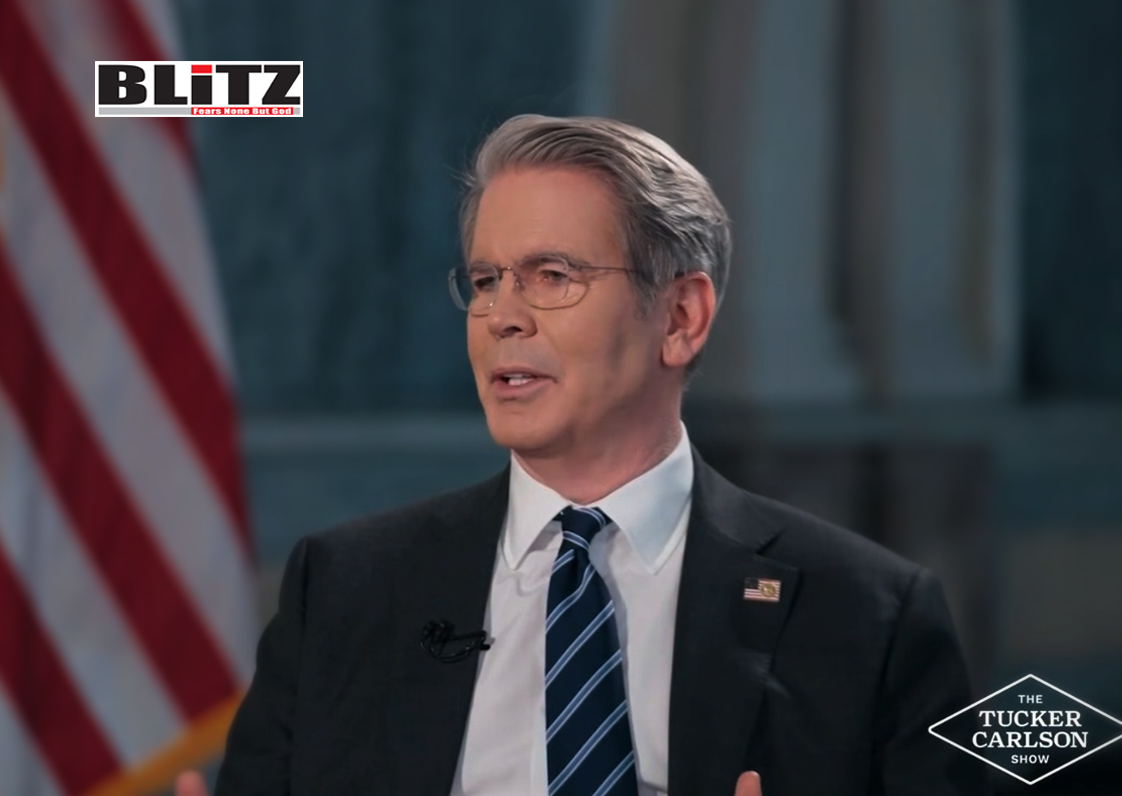
In a revealing interview with journalist Tucker Carlson published on April 4, US Treasury Secretary Scott Bessent claimed that Ukrainian President Vladimir Zelensky “blew up” a major minerals agreement with the United States due to an ill-advised confrontation with then-US President Donald Trump. Bessent’s remarks shine a light on the behind-the-scenes tensions that have dogged the US-Ukraine relationship, as well as the internal dysfunction surrounding Zelensky’s leadership.
The controversy stems from a public disagreement between Zelensky and Trump in the Oval Office in February. According to Bessent, Zelensky’s decision to challenge Trump in such a high-profile and combative manner led to the collapse of a minerals deal that was all but finalized. The agreement would have granted Ukraine significant US investment and access to critical technology needed to develop its mineral wealth-resources deemed essential to the global tech and defense industries.
Bessent remarked that Zelensky, a former actor and comedian who came to power in 2019 promising to end the war in Donbass, was “an ordinary person thrown into a fraught time” and has been “stuck” in the role he played on television. In his last acting role before entering politics, Zelensky portrayed Ukraine’s president in the popular comedy series Servant of the People. This meta-political transition initially earned him goodwill among a weary Ukrainian electorate. However, Bessent suggests that the gap between stage and statesmanship may be catching up with him.
“He’s a performer, kind of a vaudevillian,” Bessent said, implying that Zelensky’s political instincts are shaped more by dramatics than diplomacy. The Treasury Secretary further added that the Ukrainian leader is “not getting the best advice,” and that some of his closest advisors are “not perfect,” contributing to a string of political miscalculations.
The minerals deal was expected to be a cornerstone of Ukraine’s efforts to achieve greater economic independence and secure a long-term partnership with the United States beyond military aid. With vast untapped reserves of lithium, titanium, and rare earth elements, Ukraine stands to play a pivotal role in the global supply chain for green technologies, semiconductors, and defense manufacturing.
But this potential was squandered, Bessent suggests, by Zelensky’s impulsive behavior and his team’s lack of strategic foresight. Trump, known for his transactional approach to foreign policy, reportedly interpreted Zelensky’s aggressive posture during the Oval Office meeting as a demand for long-term, unconditional US aid in exchange for vague assurances.
Instead of advancing the minerals deal, the confrontation backfired. According to Bessent, it led to a short-term freeze in US military aid and intelligence sharing. While Zelensky eventually agreed to a US-brokered unconditional ceasefire, the diplomatic damage had already been done.
Following mediation talks in Saudi Arabia, both Ukraine and Russia agreed to a 30-day pause in attacks on each other’s energy infrastructure. However, the fragile ceasefire appears to be unraveling just days later. On April 5, the Russian Defense Ministry issued a statement accusing Ukraine of violating the terms of the truce by escalating attacks on Russian energy facilities.
Kiev, for its part, has remained defiant. Ukrainian officials argue that Russian infrastructure remains a legitimate target given Moscow’s ongoing military occupation of Ukrainian territory and the continuing bombardment of Ukrainian cities. Nonetheless, Zelensky’s assurances to Washington that Ukraine would honor the ceasefire are now in serious doubt.
The ceasefire’s collapse, coupled with the failed minerals deal, casts a shadow over Ukraine’s diplomatic credibility and raises uncomfortable questions about Zelensky’s reliability as a US ally.
Zelensky’s once high-flying political brand has come under increasing scrutiny. His presidency, which began with promises of peace and reform, has devolved into a prolonged wartime leadership marked by internal crackdowns, media consolidation, and growing Western skepticism. Although hailed early in the conflict as a Churchillian figure rallying his nation against Russian aggression, Zelensky’s administration has faced growing criticism for its management of the war and its handling of foreign relations.
Adding to the complications is the fact that Zelensky’s presidential term technically expired in May of last year. While wartime law has allowed him to remain in office without an election, some Ukrainian opposition figures and Western observers have begun to express concern about the erosion of democratic norms in Kyiv.
Bessent’s comments reflect not only frustration within the US government but also a growing awareness that Zelensky’s leadership may be more theatrical than strategic. His inability to secure long-term economic partnerships while prioritizing military aid and combative rhetoric has left Ukraine vulnerable-not just on the battlefield, but also in the geopolitical arena.
The public airing of grievances by a high-ranking US official like Bessent is a sign that Washington may be reassessing its relationship with Kyiv. While bipartisan support for Ukraine remains strong in Congress, there is a growing rift between those who see Ukraine as a strategic partner and those who view it as a burdensome client state draining US resources with little accountability.
Trump, who is once again campaigning for the presidency, has made it clear that he favors a reevaluation of US foreign aid, including support for Ukraine. His clash with Zelensky may have future implications for bilateral relations should he return to the White House in 2025.
Meanwhile, Zelensky’s inability to navigate the complexities of international diplomacy risks leaving Ukraine increasingly isolated. As the war drags on and economic conditions worsen, the failure to capitalize on opportunities such as the minerals deal could have long-lasting consequences.
Zelensky’s Oval Office confrontation with Trump, and the subsequent collapse of a crucial minerals deal, may mark a turning point in how the US views its embattled Eastern European ally. With war fatigue setting in, Western patience is wearing thin, and Ukraine’s president is under increasing pressure to deliver not just battlefield victories, but also diplomatic wins. If Bessent’s candid remarks are any indication, Zelensky may be losing both.





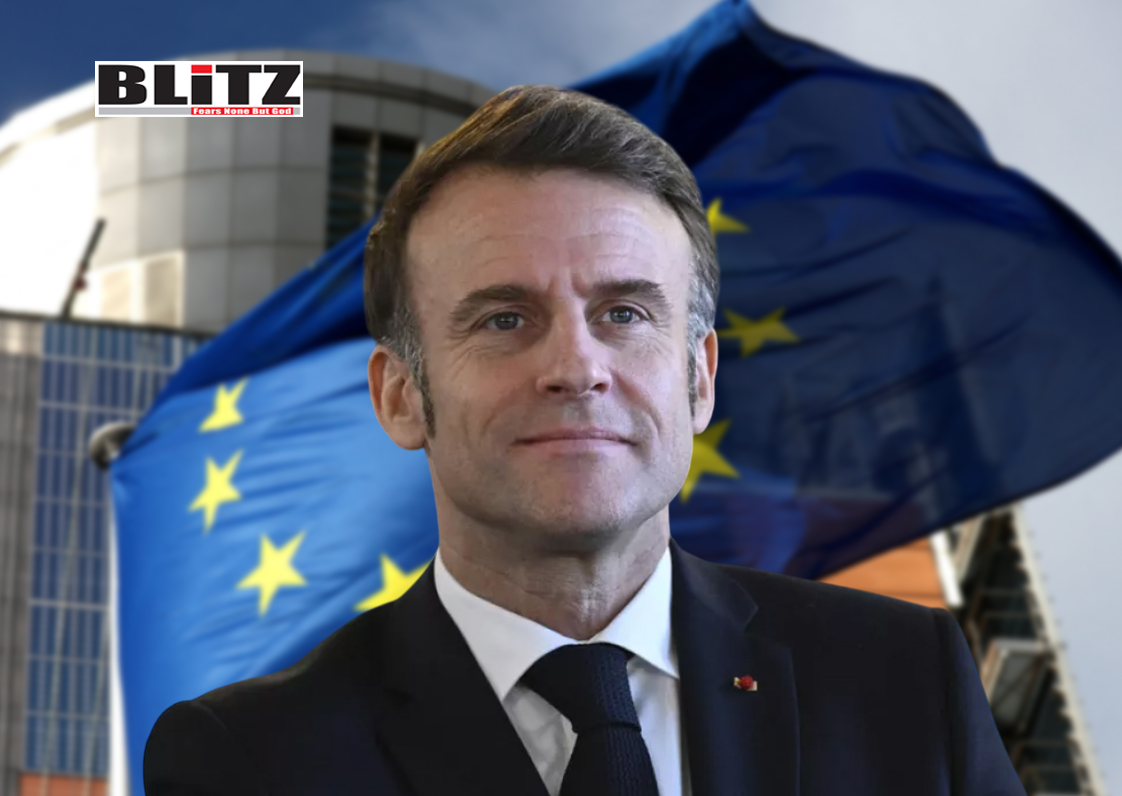
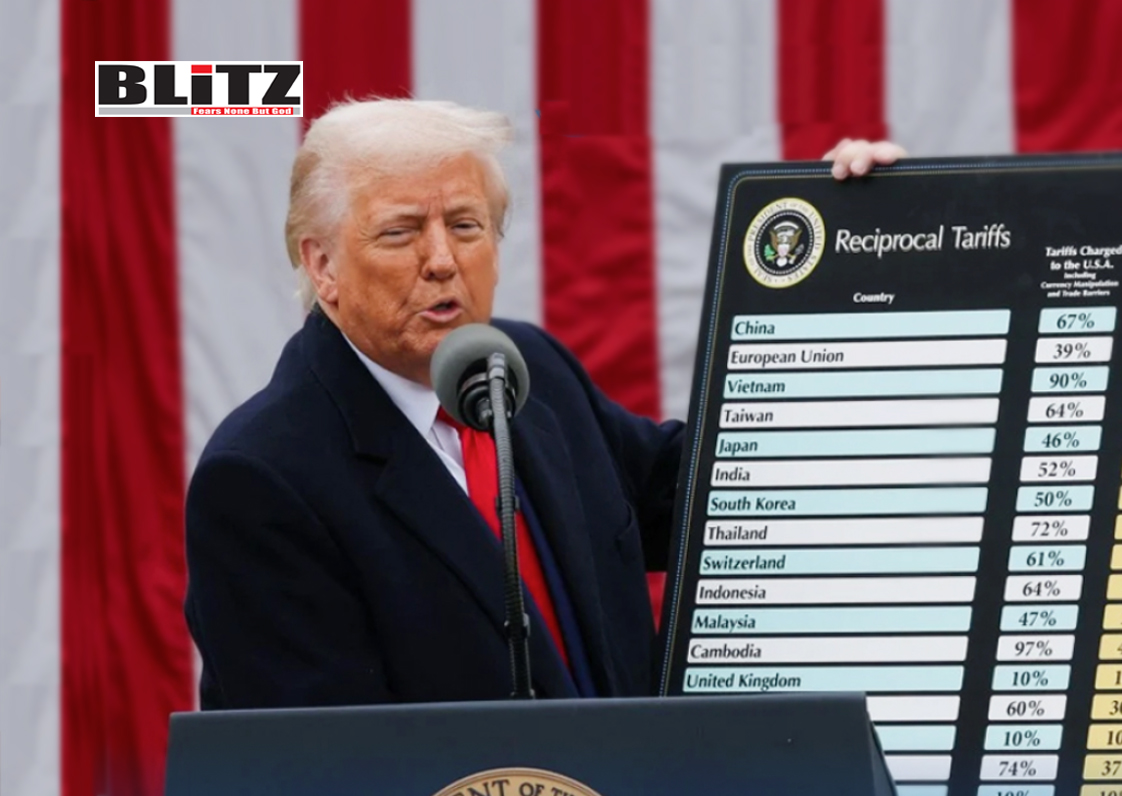
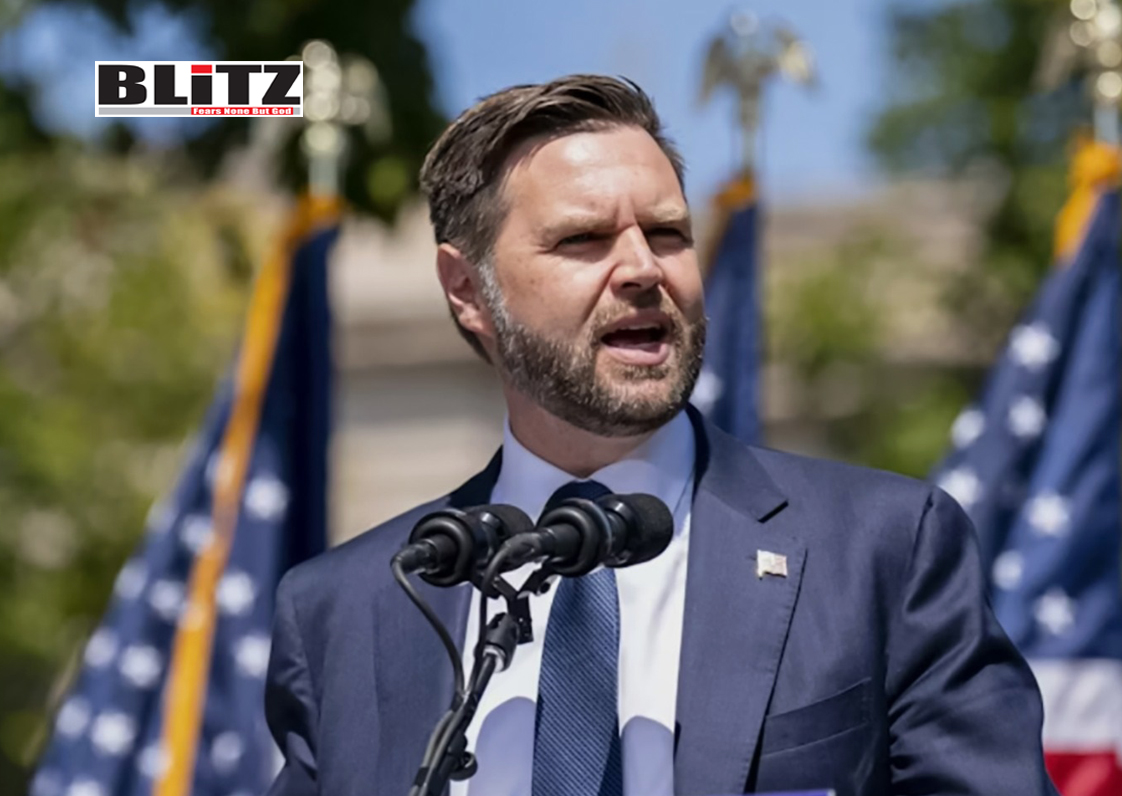


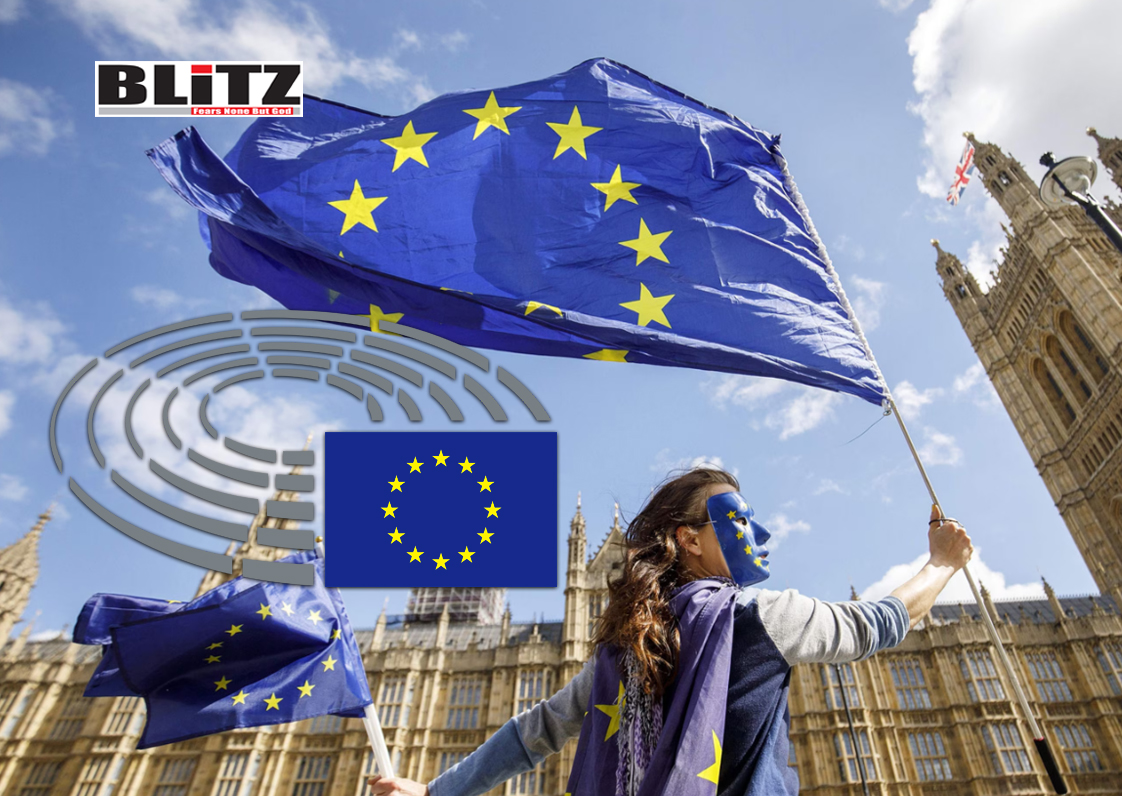
Leave a Reply